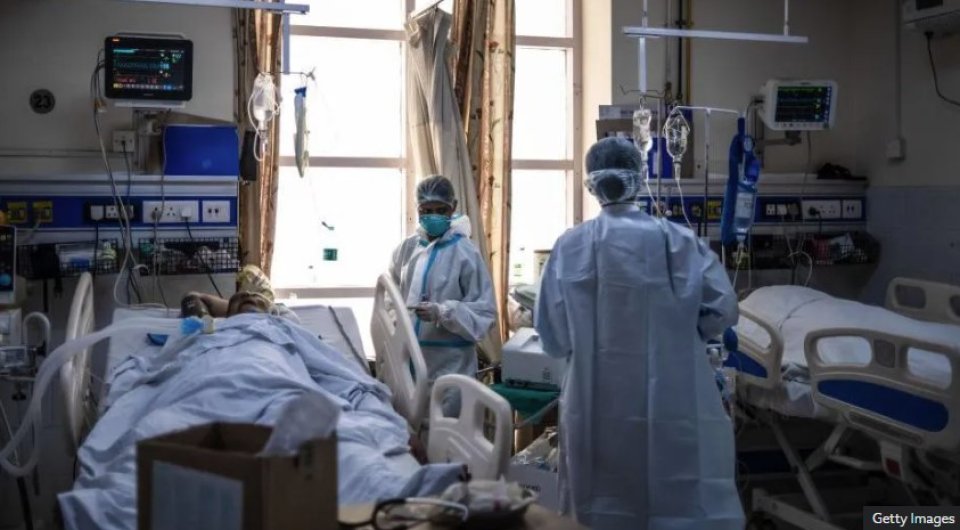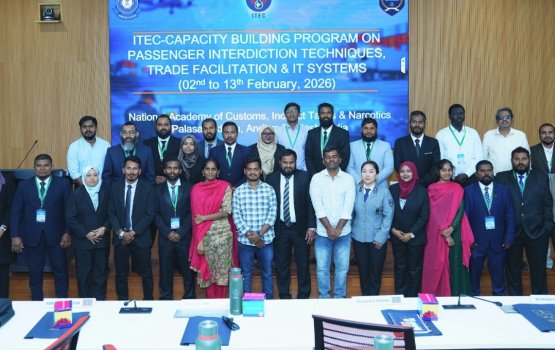Enmetazobactam, developed by Chennai-based Orchid Pharma, is the first antimicrobial invented in India to be approved by the US Food and Drug Administration (FDA). This injectable drug treats severe conditions like urinary tract infections (UTIs), pneumonia and bloodstream infections by targeting bacteria’s defence mechanisms rather than the bacteria itself.
Bacteria often produce enzymes, like beta-lactamase, to destroy antibiotics. Enmetazobactam binds tightly to those enzymes, neutralising them and allowing the antibiotic to kill the bacteria effectively.
To put it simply, the drug immobilises the bacteria’s "weapon" without triggering resistance easily. This also preserves the effectiveness of other antibiotics, including carbapenems, which are the reliable “last line of defence” drugs.
Trials across 19 countries - the drug has been approved by global regulators - with more than 1,000 patients have shown its effectiveness. “The drug has shown remarkable potency against these bacteria that have evolved over the years. It is administered via intravenous [IV] infusion in hospitals, specifically for critically ill patients, and is not available over the counter,” Dr Maneesh Paul, the lead co-inventor of the drug, told the BBC.
Mumbai-based Wockhardt is testing a new antibiotic, called Zaynich, for severe drug-resistant infections. Developed over 25 years, the drug is currently in Phase-3 trials and expected to launch next year.
Dr Habib Khorakiwala, founder chairman of Wockhardt, has described Zaynich as a "ground-breaking, one-of-its-kind new antibiotic designed to combat all major superbugs". It was administered on compassionate grounds to 30 critically ill patients in India who were unresponsive to any other antibiotics. Remarkably, all survived. "This would make India proud," Dr Khorakiwala said.
Also in Phase-3 testing is Wockhardt's Nafithromycin, trademarked as MIQNAF, a three-day oral treatment for community-acquired bacterial pneumonia with a 97% success rate. Existing treatments to the disease have resistance as high as 60%. Its trials are set to conclude next year and once it's approved, the company says it could be launched commercially by late next year.
A 30-member Bengaluru-based biopharma firm Bugworks Research has partnered with Geneva-based non-profit Global Antibiotic Research and Development Partnership, or GARDP, to develop a new class of antibiotics for treating serious drug-resistant infections. Currently in early Phase-1 trials, the drug is five-to-eight years from market readiness.
"Antibiotics are becoming less effective, but big money is in drugs for cancer, diabetes and other conditions, not antibiotics," Anand Anandkumar, CEO of Bugworks, told the BBC. "There's little innovation because antibiotics are kept as a last-resort option. Big pharma isn't focusing on antibiotic resistance. We've been funded by different organisations, but less than 10% of our funding comes from India."
But that needs to change. A 2023 drug resistance surveillance report by Indian Council of Medical Research (ICMR), which analysed nearly 100,000 bacterial cultures from 21 specialised care hospitals around India, highlighted worrying trends in antibiotic resistance.
E.coli (Escherichia coli), commonly found in the intestines of humans and animals after consumption of contaminated food, was the most frequently isolated pathogen.
This was followed by Klebsiella pneumoniae, which can cause pneumonia and also infect the blood, cuts in the skin and the lining of the brain to cause meningitis. Coming close was the rise of the multidrug-resistant pathogen called Acinetobacter baumannii, which attacks the lungs of patients on life support in critical care units.
The survey found antibiotic effectiveness against E.coli had consistently sharply declined while Klebsiella pneumoniae showed an alarming rise in drug resistance. Doctors found that some of the main antibiotics were less than 15% effective in treating infections caused by these pathogens. Most worrying was the rising resistance to carbapenems, a critical last-resort antibiotic. (BBC)







